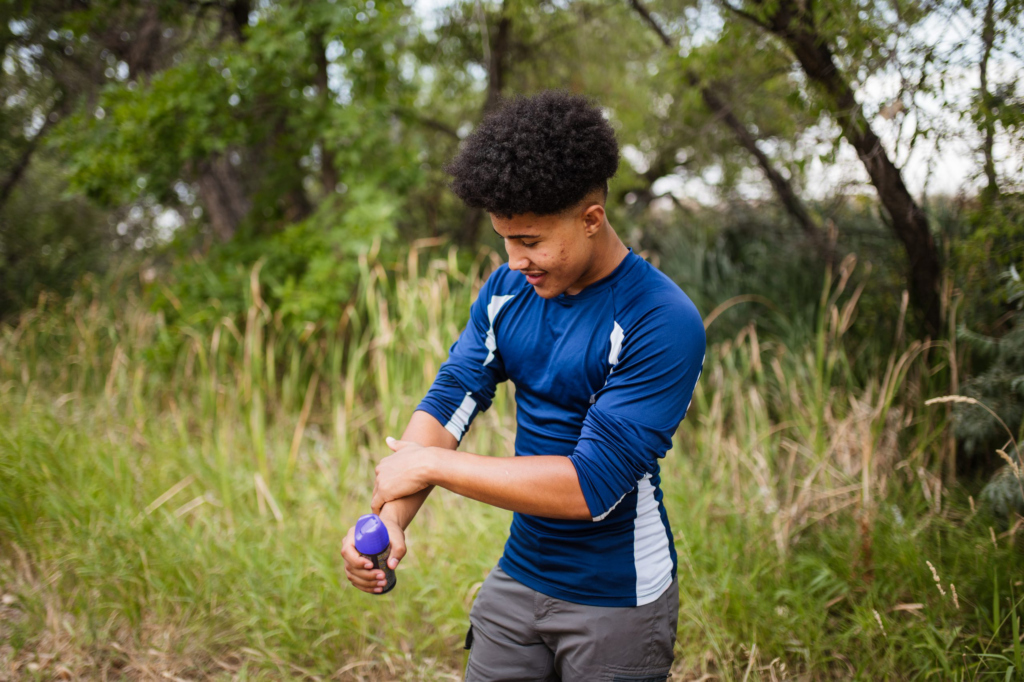July 03, 2024
Mosquito Bite Prevention

No one likes mosquito bites. They can itch and sometimes can make you sick. West Nile virus and eastern equine encephalitis (EEE) are two mosquito-borne diseases present in Massachusetts. Luckily, there are simple things you can do to prevent mosquito bites.
- Use insect repellents any time you are outdoors. Apply a thin coat of insect repellent containing DEET or Picaridin to clothing and exposed skin. Read the instructions on the label carefully before using the product. Learn more about mosquito repellents from Mass.gov.
- Do not use DEET products on children under two months of age. Children older than two months should use products with DEET concentrations of 30% or less.
- Do not let children handle repellents. Instead, apply a repellent to your own hands and then rub it on your child. Avoid your child’s eyes, mouth and hands. Use it sparingly around the ears. Remember to keep repellents out of reach of children.
- Do not use DEET products on children under two months of age. Children older than two months should use products with DEET concentrations of 30% or less.
- Wearing long-sleeves, long pants and socks when outdoors will help keep mosquitoes away from your skin.
- Be aware of peak mosquito hours. While the hours from dusk to dawn are peak biting times for many mosquitoes, some are still active during the day. It’s best to wear repellent during the day as well as night.
- Cover your child’s baby stroller or playpen with breathable netting when outdoors.
- Repair damaged window and door screens.
- Remove standing water from the areas around your home. Turn over or cover outdoor items that hold water, such as tires, buckets, toys, pools, birdbaths, flower pot saucers, or trash containers. Clean rain gutters, leaves in downspouts, and pooled water on flat roofs.
- Buy Mosquito Dunk. It is a natural bacterium sold in hardware stores. These tablets can be added to stagnant water that cannot be emptied easily such as rain barrels or small pools of water, and they do not harm people nor beneficial pollinators (bees, butterflies, beetles, and many other insects).
You can learn more about mosquito bite prevention and what Cambridge Public Health Department and the City of Cambridge do to reduce the risk, by visiting our Mosquito-borne Diseases web page.
